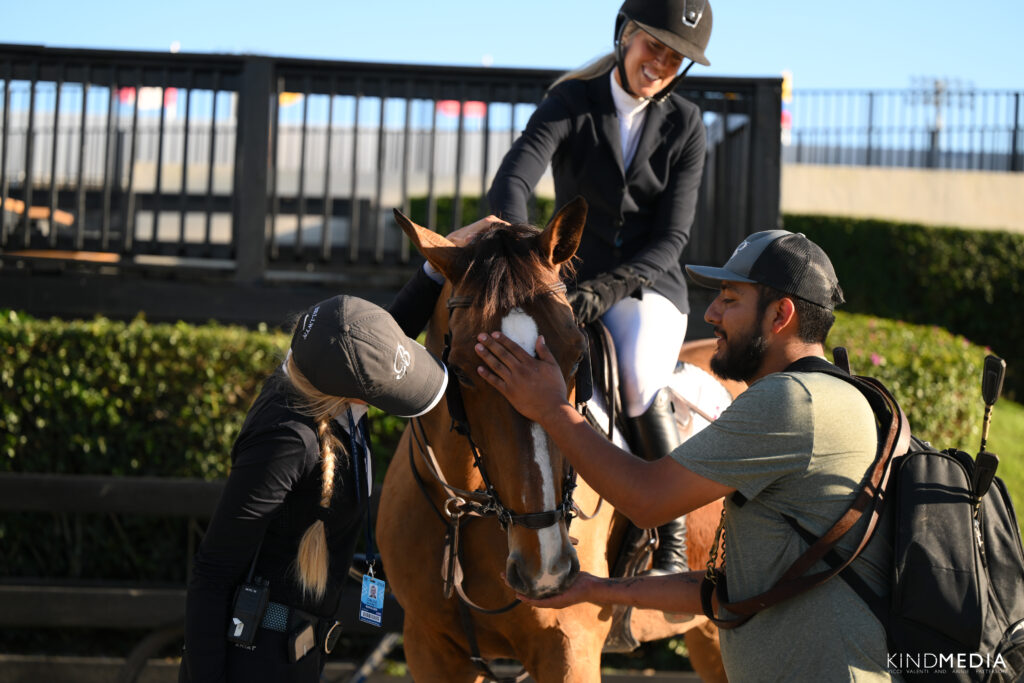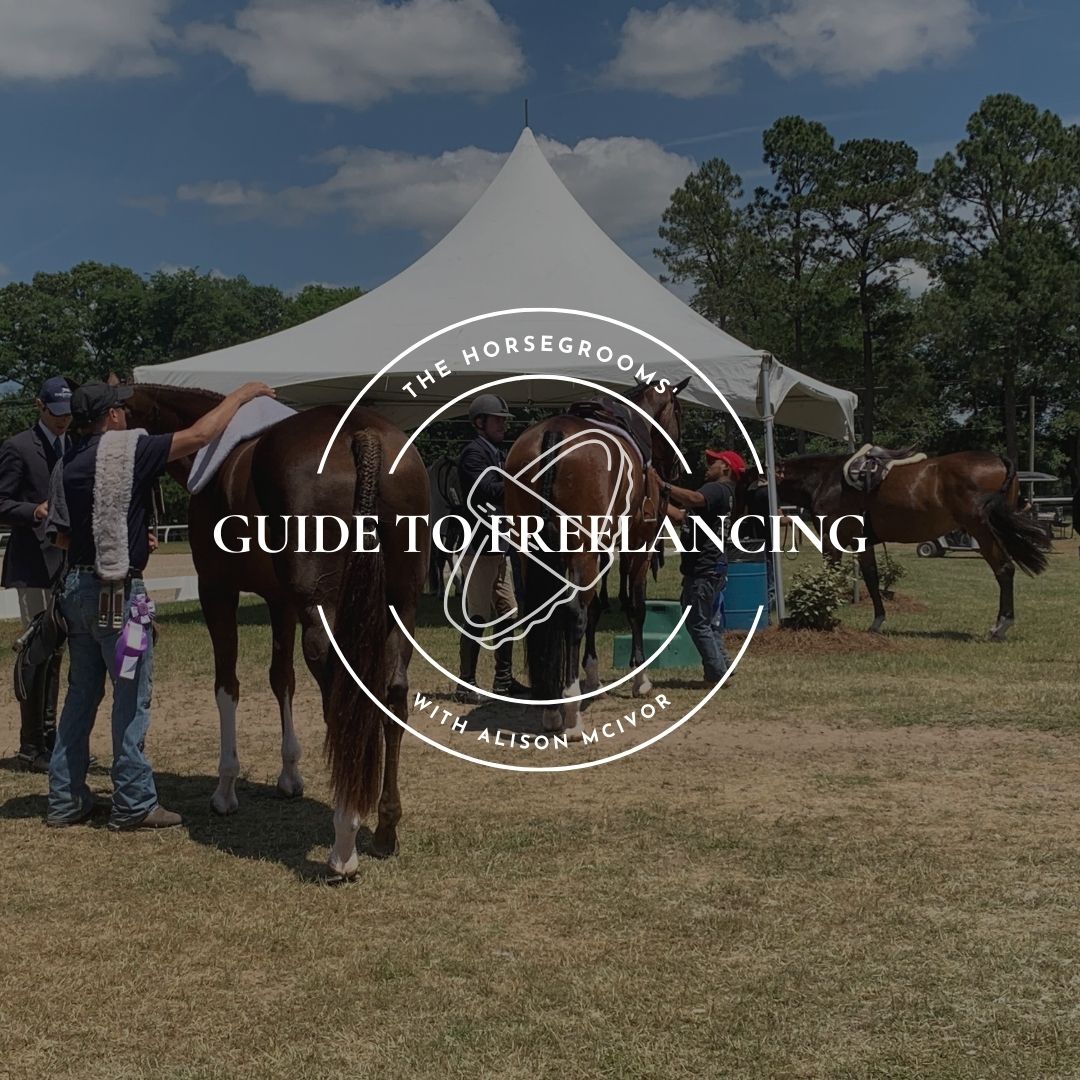I’ve been a groom for over 40 years, and for the latter years I have been mostly freelancing at shows to the five-star level in Europe and worldwide.
I’m going to try to guide you through what I have learned and the tips of the trade that I’ve learned through my own grooming experiences. To start off my series – exclusively with HorseGrooms – I’m going to explain how to get to the bottom of the simple question: “Where am I going to work?”
How to Determine Where You Are Going to Work?
Firstly, determine why you want to freelance and where you want to do it. Will it be local or will it include travel?
Depending on how good and useful you are, you could spend all year traveling to shows; I’ve done this, and it was utterly amazing.
Benefits To Grooming Locally
If you are staying local, you have more control over different elements of your experience such as accommodation, food, costs, etc. Plus you have the added benefit that you might indeed already know your prospective boss.
If you are working locally, you could charge by the hour, the day, or week and add a mileage or travel cost per day as agreed. Write down and agree on all the costs and be totally transparent with your boss.
Grooming Internationally
Are you going to do international freelance show grooming? This can be really exciting and open up the world for you, taking you to the best shows in the world. I’ve done it for years and in fact I’m still doing it; when this series is published, I will most likely be in China for the Asian Games.

Adaptability Is Vital
My advice for someone starting freelance show grooming would be to start at a lower level until you are confident with your ability to work with different horses, riders and systems. You will soon realize that there are many ways of achieving the same outcome and often when you are a freelance groom you will be asked to do many things in odd ways. This can be confusing but it’s also good as it teaches you so many different things–more than you’d learn just working in one stable. So, from that viewpoint you become flexible and adaptable in your work as you become able to change your program to suit your new team. Being able to do this is absolutely vital.
Different Systems, Good Results
It’s also important to note that things are done differently in different parts of the world and may take some getting used to. For instance, years ago I worked in New Zealand. At stay away shows, the horses had pens with grass floors, no roof, and stood out 24 hours a day, in rain and sun. I plaited, tacked up, fed, cleaned them all outside; there were no stables. I was slightly surprised having come from Europe, but that’s how it was done, and I got on with it. Most importantly the horses were happy!
I felt the same kind of surprise in USA years ago when I worked for Joe Fargis. We used to bring to the show narrow metal gates that were screwed to the walls as there were no doors on the stalls. Yes, the stables had no doors, and you brought your own. Someone from the team went a day early to set up the stables. Again, I was surprised, but you adapt.
So be prepared for some surprises and remain open minded.
Get Recommendations
Regardless of where you are working, if you are starting with a new boss my first piece of advice is to ask someone with more knowledge than you if they know your potential new boss. If so, then ask if they would recommend them as a good person to work for.
You can also ask the new potential boss for recommendations from previous grooms who have worked for them–just make sure to ask good people whom you trust, as not everyone will give honest feedback. If stables are constantly looking for new workers it can be that they have a high turnover in staff, or they employ short-term people, or maybe they are not good employers. A little homework will help determine which one they are. If in doubt, offer to do a day to try out before you commit.
If you are looking for freelance work, there are several different pages on Facebook where people advertise. (HorseGrooms bundled all of them for you and added some interview tips and more bonus employment resources – find the download here.) This can be a great way to find work but be careful as it can also be where you find the repeat offenders and bad payers.
The initial conversation with your new boss will cover availability, your cost per day or hour, travel costs, accommodations, if appropriate, and your required duties.


